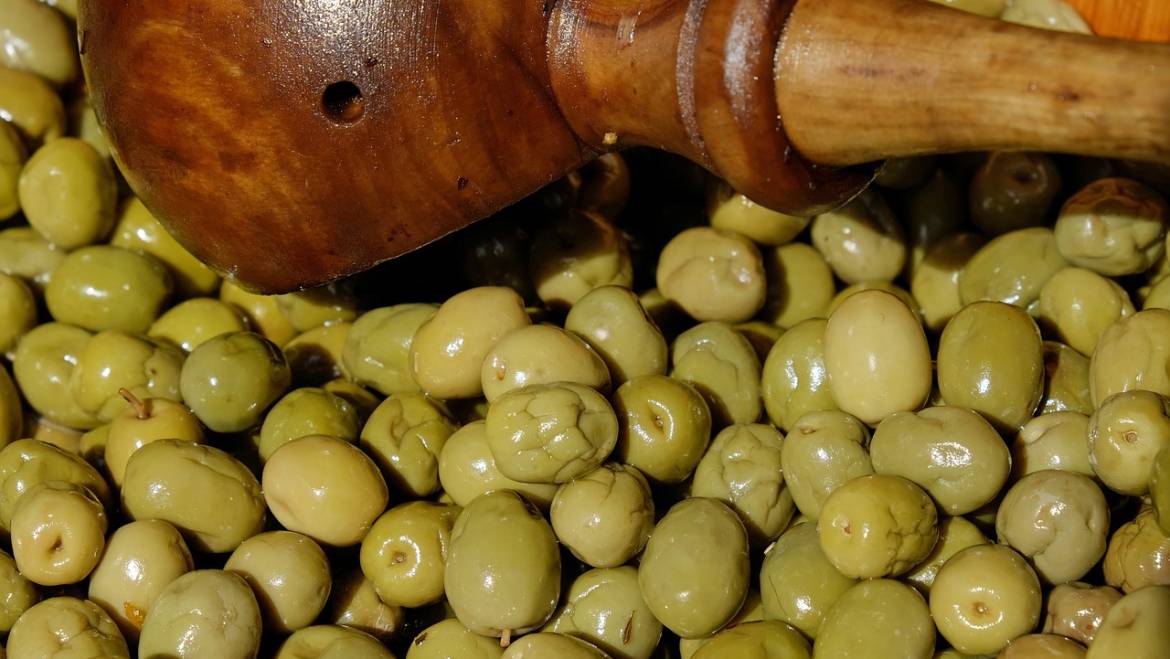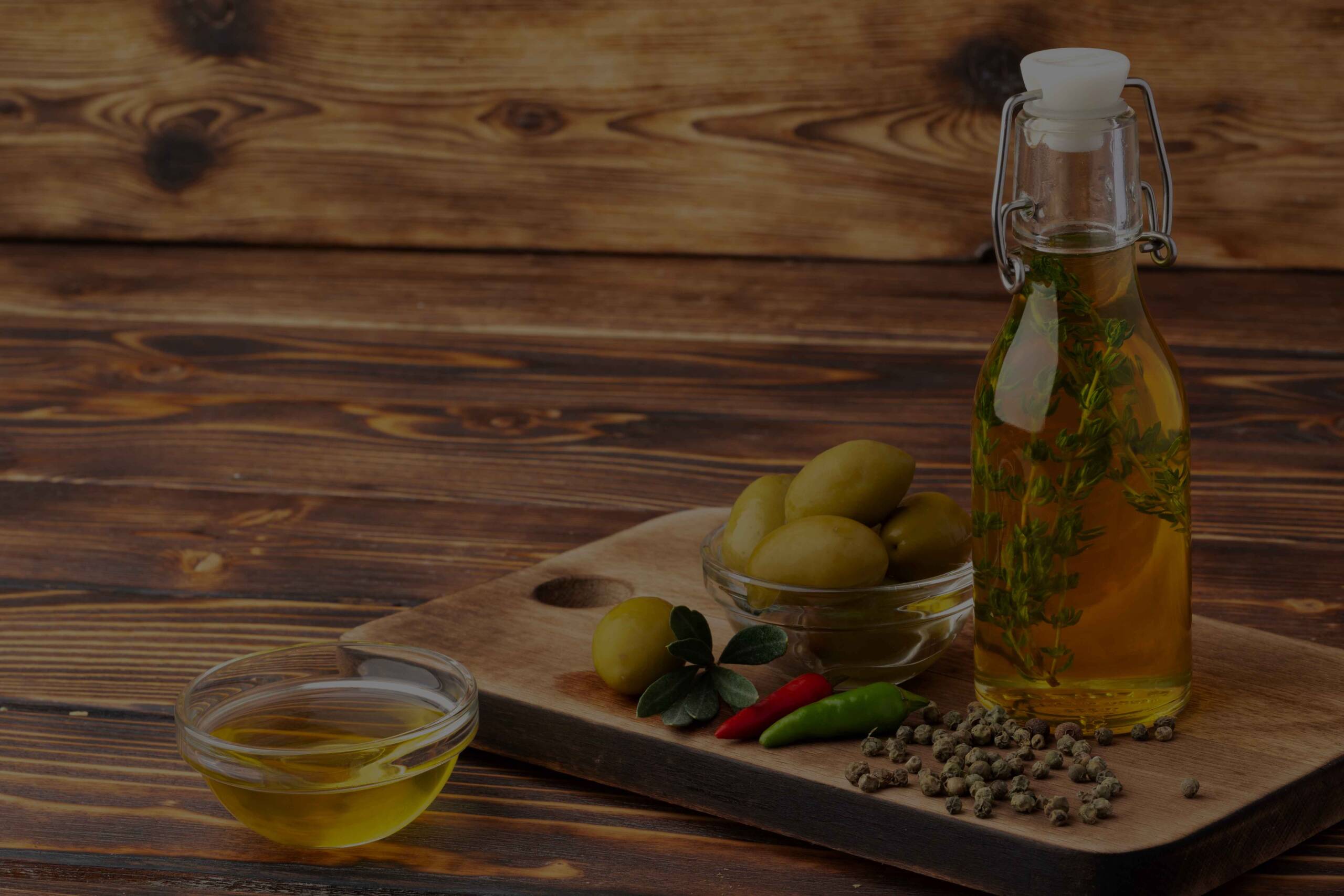For centuries, olive oil has been treasured as a precious elixir, known for its remarkable flavor and health benefits. But there is more to olive oil than meets the eye. Beyond its culinary uses, this liquid gold holds secrets that make it a versatile and valuable asset in various aspects of our lives. Let’s delve into the 10 secrets of olive oil, revealing its hidden wonders and the reasons why it has been revered throughout history.
- Ancient Origins: Olive oil’s history dates back thousands of years, with evidence of its use found in ancient civilizations such as the Egyptians, Greeks, and Romans. Its significance in religious ceremonies, medicinal practices, and culinary traditions has been deeply ingrained in human culture.
- Types and Grades: Not all olive oils are created equal. There are different types and grades available, each with its own distinct characteristics. Extra virgin olive oil is the highest quality and most flavorful, obtained from the first pressing of the olives without the use of heat or chemicals. Other grades include virgin, refined, and pomace olive oil, each with varying levels of quality and flavor.
- Health Benefits: Olive oil is renowned for its numerous health benefits. It is rich in monounsaturated fats, which promote heart health by reducing LDL (bad) cholesterol levels. The antioxidants and anti-inflammatory properties of olive oil have also been linked to a reduced risk of chronic diseases such as cancer, diabetes, and Alzheimer’s disease.
- Antioxidant Powerhouse: Olive oil is packed with powerful antioxidants, including vitamin E and polyphenols. These compounds help fight oxidative stress and protect our cells from damage caused by free radicals. The higher the quality of the olive oil, the greater the antioxidant content.
- Culinary Versatility: Olive oil is a versatile ingredient that can be used in various culinary applications. It adds depth of flavor and richness to salads, marinades, sautés, and dressings. It can be drizzled over cooked dishes or used as a dipping oil for bread. The possibilities are endless.
- Cooking at High Temperatures: Unlike many other cooking oils, olive oil has a high smoke point, making it suitable for high-temperature cooking methods such as frying and roasting. Its stability at high heat helps retain the nutritional integrity of the oil and the flavors of the food.
- Skincare Marvel: Olive oil’s benefits extend beyond the kitchen. It is a natural moisturizer that nourishes and hydrates the skin. Its antioxidants and fatty acids help combat signs of aging, reduce inflammation, and promote a healthy complexion. It can also be used as a gentle makeup remover and hair conditioner.
- Home Remedies: Olive oil has been used for centuries in traditional home remedies. It can soothe dry and irritated skin, promote wound healing, and alleviate the symptoms of conditions like eczema and psoriasis. It can also be used to relieve sunburn, moisturize cuticles, and soften rough heels.
- Preservation Power: In addition to its culinary and skincare uses, olive oil has been used as a natural preservative for centuries. Its antimicrobial properties help inhibit the growth of bacteria and fungi, making it an excellent choice for preserving foods and extending their shelf life.
- Cultural Significance: Olive oil holds immense cultural significance in Mediterranean countries. It is an integral part of their culinary traditions, symbolizing health, longevity, and abundance. The Mediterranean diet, with its emphasis on olive oil, has been recognized as one of the healthiest and most balanced diets in the world.


